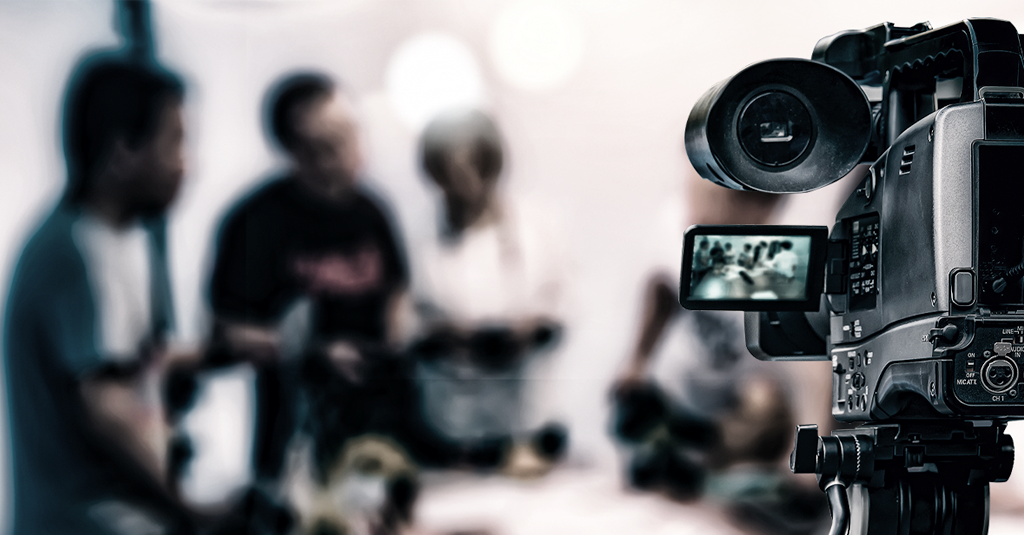A simple interview has the power to make or break a company and you must be prepared for any type of contact with journalists, as they are the ones who pass the message on to the public sphere.
There are also different interview formats and it is not advisable to neglect any of them. They range from relaxed conversations with journalists, to written responses, through radio and television interviews and, more recently, online video conference conversations.
All of these formats have different characteristics, but there is always a common denominator: There is no off the record! For example, passing information that shouldn’t be published.
And why? The answer is simple, even if you have a good relationship with the journalist, he can, unintentionally, pass the message on to another colleague who, without being aware that this content was said in “off”, can make an article about the subject in question. These are relationships that should be managed “with tweezers”, preferably by teams specialized in media consultancy.
Passing information
Remember: the message you want to convey has to be passed on to the journalist. If you don’t broadcast it, you won’t be in the article. The same applies to the premise that what cannot be published should not be said.
It is also relevant to highlight the fundamental points and draw the journalist’s attention to them. However, it is also important to avoid commenting on the statements of others, as they can generate unnecessary susceptibilities, just as it will be necessary to be equally careful when speculating about what is yet to be done and may not happen.
In short, always consider the public interest, because whoever is giving the interview is the source of the journalist.
Posture
In addition to the way you answer the questions, there is another factor that can influence how you are assessed by the journalist during an interview: your body language. Seemingly not, the body also speaks.
In this sense, it is important to avoid gestures that connote nervousness and/or inhibition such as crossing arms or apologizing for not feeling prepared.
Regarding the conversation, properly speaking, our advice is to speak with a firm, credible and friendly tone of voice and avoid having your head or eyes down.
Above all, it is essential to always demonstrate an open position.
Relationship with the journalist
In addition to the off the record, previously mentioned, it is important to emphasize that the relationship with the journalist is very important. Therefore, do not look at the interviewer as a friend, but also not as an opponent, as the journalist’s goal is to always do a good report and see your capacity and professionalism recognized.
In this sense, do not interrupt the journalist and wait for him to ask the questions until the end, answering directly to the interviewer and not to the camera (if the article is recorded).
Convey cordiality and objectivity in the answers given, but, and above all, respect for the journalist.
Importance of Media Training
Do not neglect the importance of media training, because if you are prepared for the conversation that you will have, with total focus on these and other details that make a difference, you will certainly take the best of the opportunity to speak to thousands of people.
Yes! Effectively, you will only be talking to one person, but you will be heard by many more and that is the strength of a good interview.
Enhance your communication opportunities with us.
By João Carreira, press officer in Media em Movimento.

